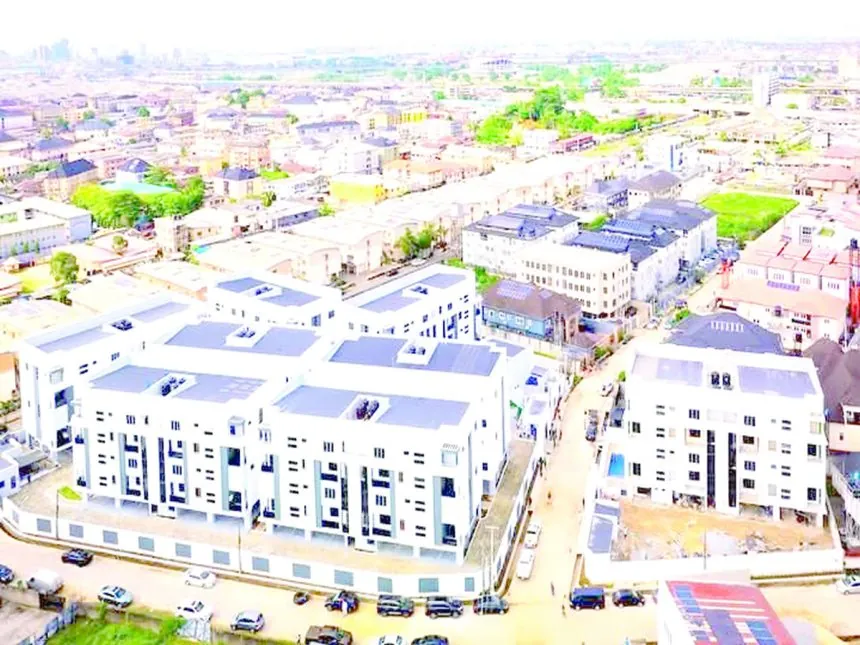Real estate professionals have raised alarm over the escalating cost of building materials, warning that Nigeria’s housing affordability crisis is deepening despite government interventions.
A market survey conducted in Lagos revealed sharp increases in construction inputs: reinforcement bars now sell for between ₦920,000 and ₦1.34 million per ton, cement for ₦9,500 to ₦10,200 per 50kg bag, granite for up to ₦660,000 per truckload, and roofing sheets for as much as ₦51,000 per meter. Experts say these costs have made both homeownership and rentals increasingly out of reach for ordinary Nigerians.
While the Federal Government is rolling out its Renewed Hope Cities and Estates initiative to deliver new housing units nationwide, industry stakeholders insist the homes remain unaffordable for workers earning the minimum wage of ₦70,000. The United Nations estimates Nigeria’s housing deficit at 22 million units, with many urban dwellers still living in slums.
Femi Oyedele, Managing Director of Fame Oyster and Co., said prices under the Renewed Hope scheme are beyond the reach of most workers. According to him, a one-bedroom apartment in the estates costs between ₦8 million and ₦9 million, while similar units under the public-private partnership model in Abuja are priced from ₦22 million to ₦25 million. “Even with government subsidies, these houses are not affordable to the average Nigerian,” Oyedele said.
He noted, however, that the MOFI Real Estate Investment Fund has created a pathway for mortgages with tenors of up to 20 years at fixed rates of 9.75 percent, though uptake remains limited.
Former President of the Nigerian Institute of Town Planners, Nathaniel Atebije, argued that high land costs and lack of concessions to developers are inflating prices. “No low- or middle-income Nigerian can comfortably afford to build a decent home today without extraordinary support,” he said.
The Vice Chairman of the Association of Professional Bodies of Nigeria (Delta State), Timi Afolabi, described the government’s estate prices as “outrageous,” stressing that average workers would have to save for decades or resort to loans with punishing interest rates. He urged the revival of local steel plants in Aladja and Ajaokuta and a review of cement pricing to cut construction costs.
Former President of the Nigerian Institute of Building, Kunle Awobodu, warned that inflation has pushed developers to raise rents and sales prices in order to recoup investments, which in turn drives further unaffordability. He added that soaring costs have also raised the risk of compromised standards, as contractors seek cheaper alternatives to meet budgets.
With construction costs climbing and wages stagnant, experts say Nigeria’s housing crisis is at risk of spiraling further, unless policies are enacted to cut material costs, expand affordable financing, and prioritise mass housing models that truly serve low- and middle-income households.




